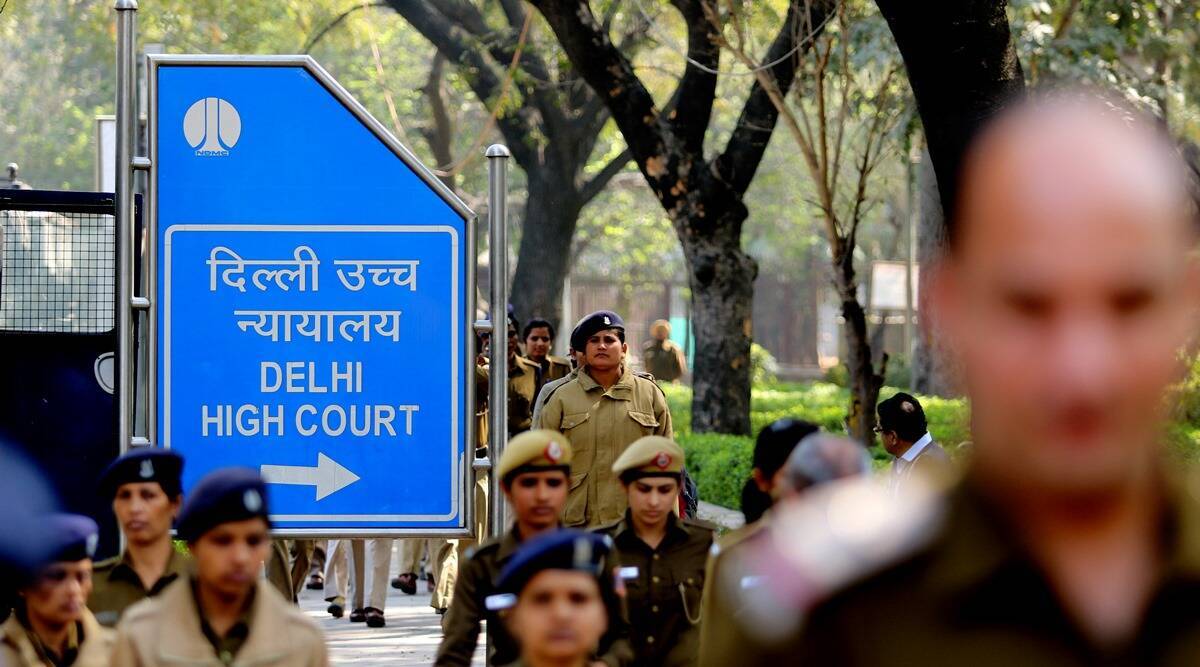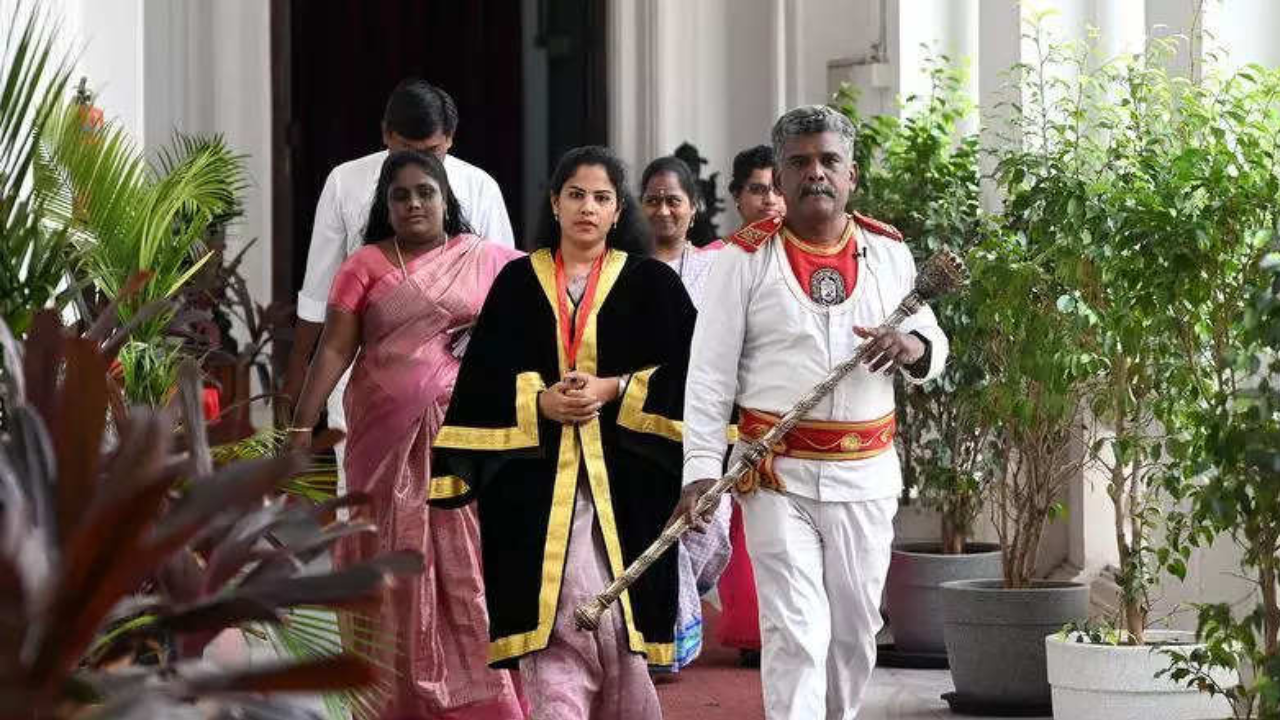Indian cricket legend Vinoo Mankad, iconic wicketkeepers Kumar Sangakkara, Andy Flower among ICC’s Hall of Fame inductees
Indian cricket legend Vinoo Mankad, iconic wicketkeepers Kumar Sangakkara, Andy Flower among ICC’s Hall of Fame inductees

Birmingham: Sri Lanka's Kumar Sangakkara and Zimbabwe's Andy Flower were among 10 new inductees into the International Cricket Council's Hall of Fame announced Sunday.
The latest batch of players to be accorded the honour were unveiled just days before next week's inaugural World Test Championship final between India and New Zealand at Southampton.
They span over a century of men's Test cricket, with Australia's Monty Noble having made his debut back in 1898.
Inductees were split into five eras, with all-rounder Noble and South Africa leg-spinner Aubrey Faulkner chosen from the years before World War One.
West Indies all-rounder Learie Constantine, who later became the first black man to become a member of Britain's House of Lord's, and Australia batsman Stan McCabe represented the inter-war period
???? Our #ICCHallOfFame 2021 inductees ???? pic.twitter.com/hXPLOcBIZv
— ICC (@ICC) June 13, 2021
Vinoo Mankad, arguably India's greatest all-rounder, and England batsman Ted Dexter were selected from post-Second World War players, with England fast bowler Bob Willis and West Indies opener Desmond Haynes chosen from cricketers who were among the first to feature in one-day internationals as well as Test matches.
Moving into recent times, outstanding left-handed batsmen Sangakkara and Flower emerged from a 'modern era' of 1996-2015.
Sangakkara, who retired from international duty in 2015, remains Sri Lanka's leading scorer in Test cricket with 12,400 runs at 57.40 — the highest average among all batsmen to have scored over 9,000 Test runs.
He has remained involved in the sport, with Sangakkara becoming the first non-British person to be appointed president of Marylebone Cricket Club, the owners of Lord's, in 2019.
Flower is widely considered to be Zimbabwe's best player of all time, with his 4,794 Test runs at 51.54 including a match-saving unbeaten 232 against India at Nagpur in 2000.
His international career ended during the 2003 World Cup where, together with team-mate Henry Olonga, he wore a black armband in protest at what the pair said was "the death of democracy" in Zimbabwe.
Flower played for English county side Essex and later became the coach of the England men's side that reached the top of the ICC's Test rankings in 2011.



 Admin
Admin 






































